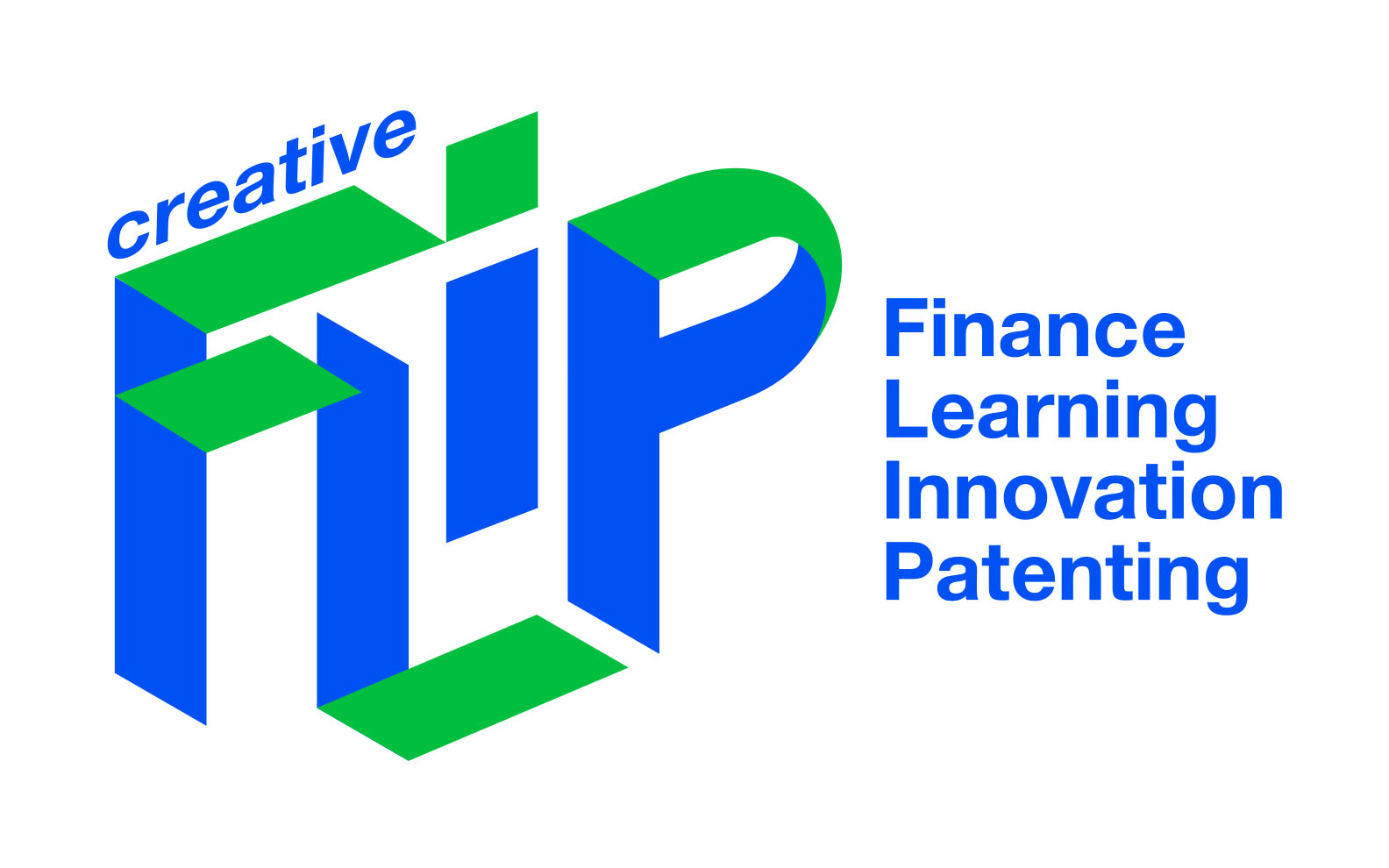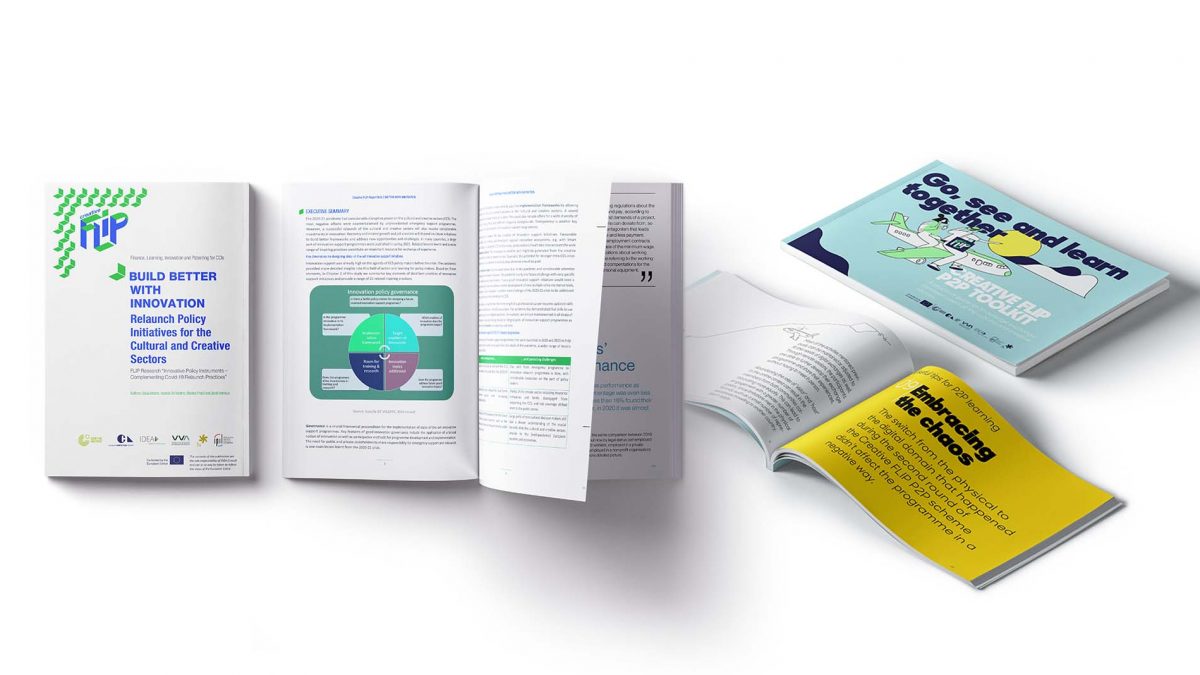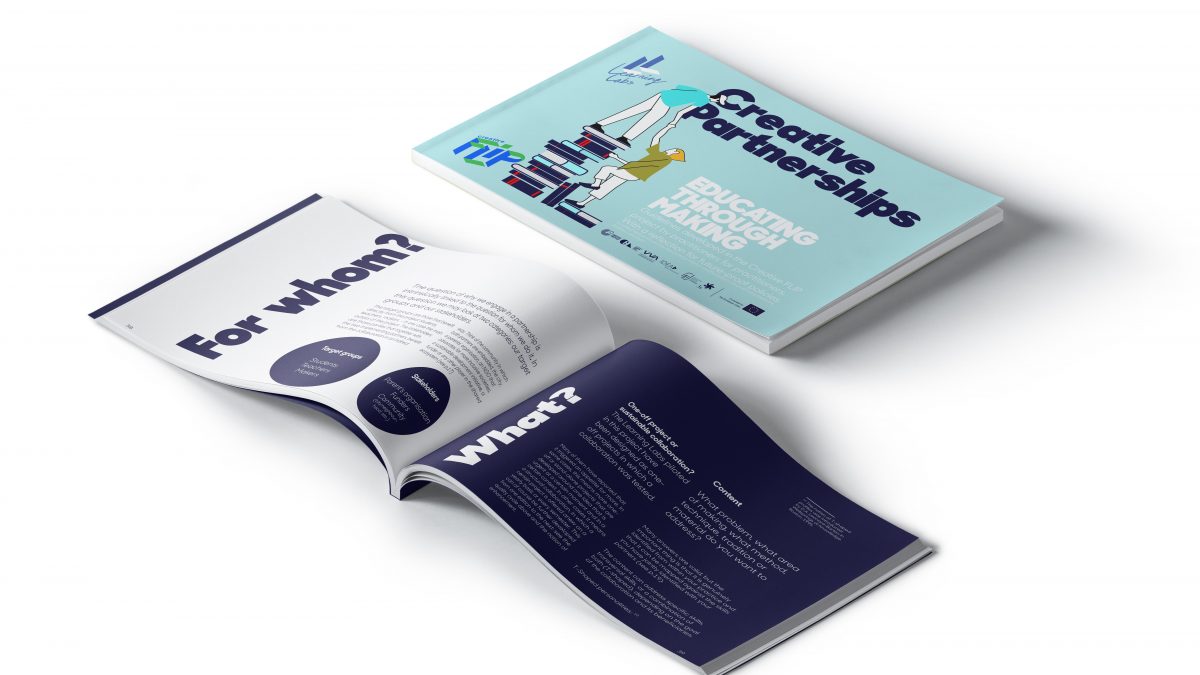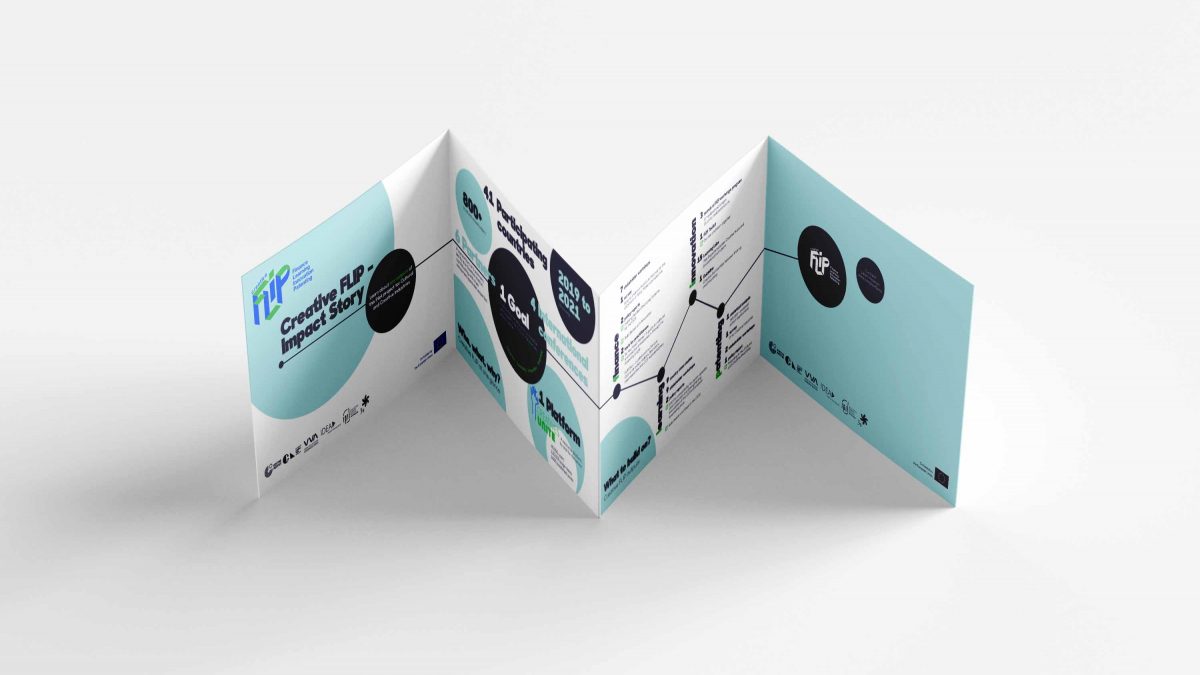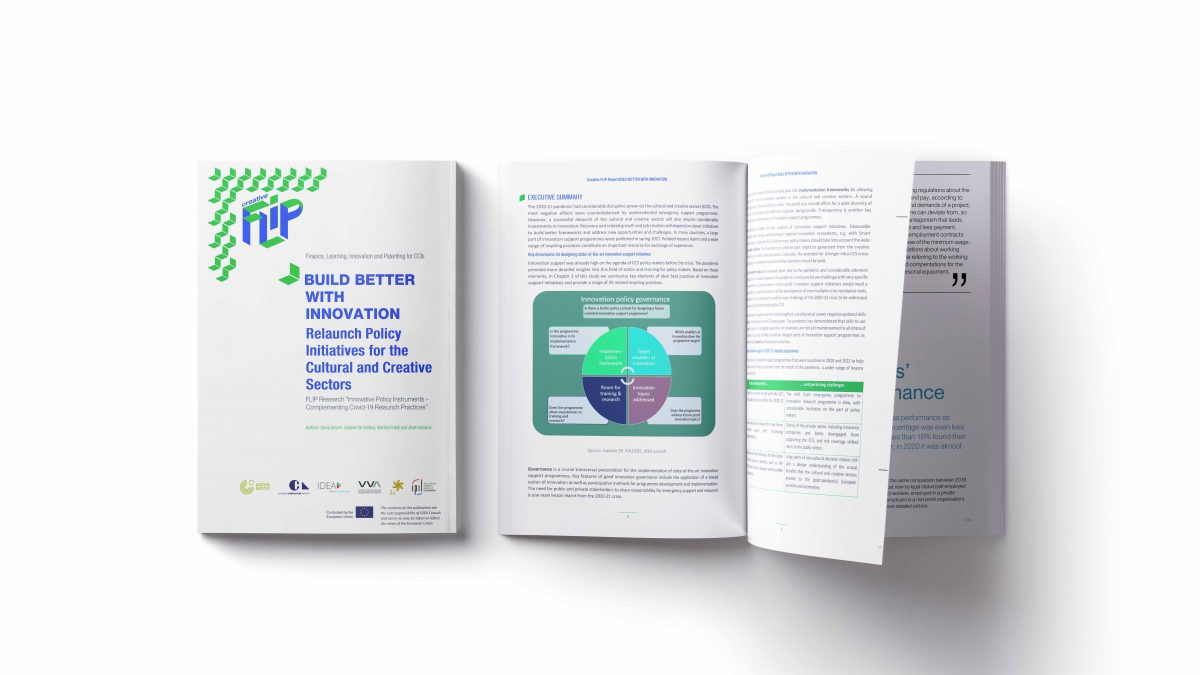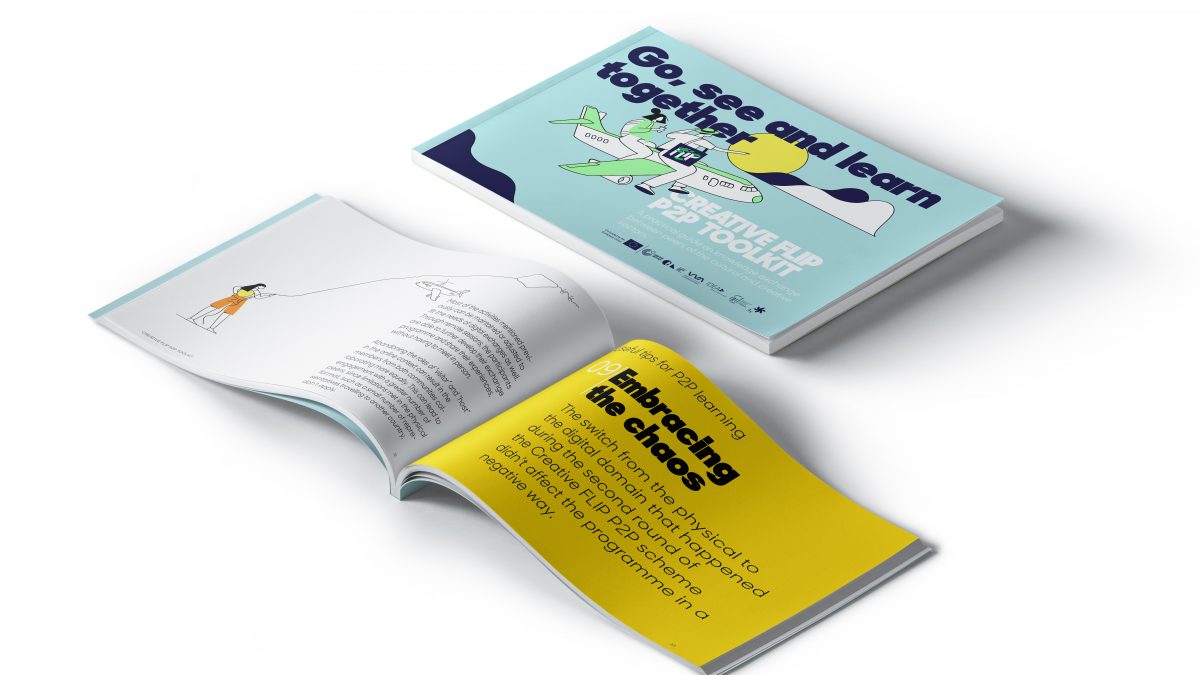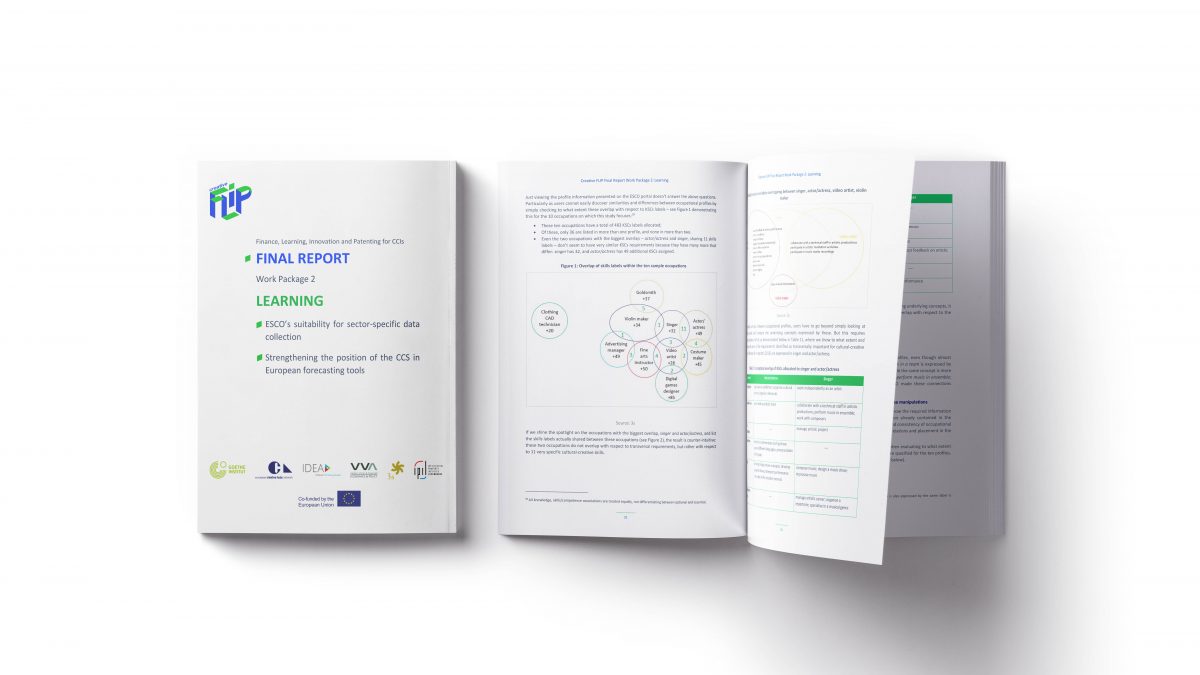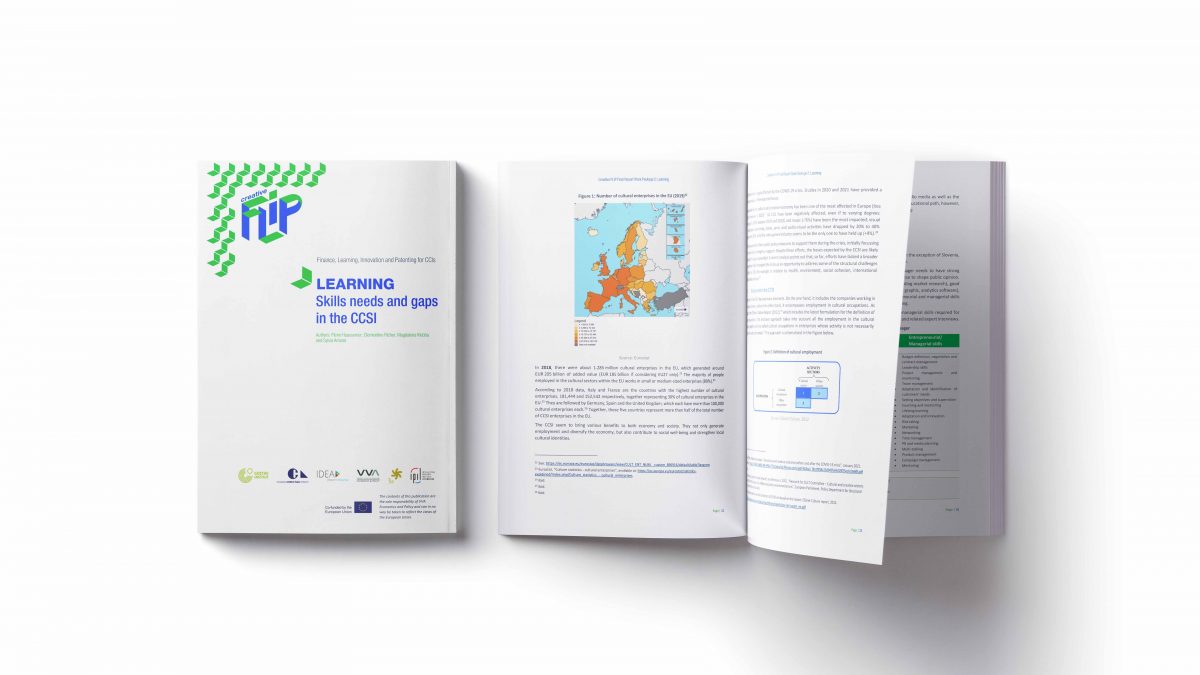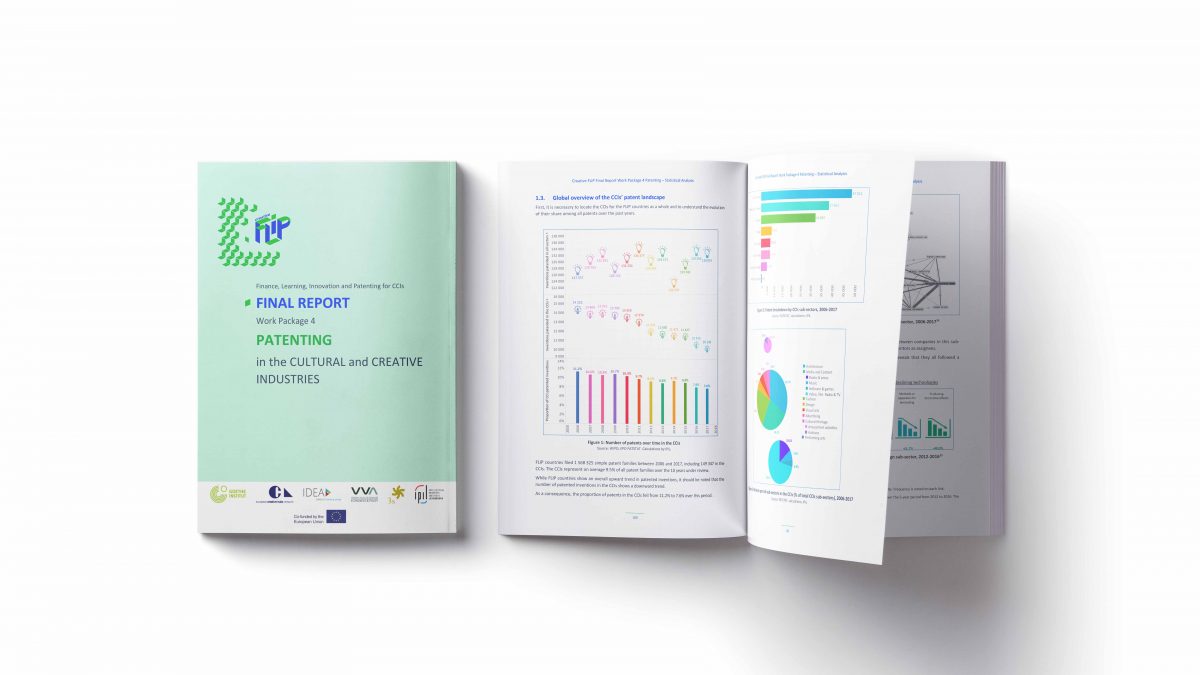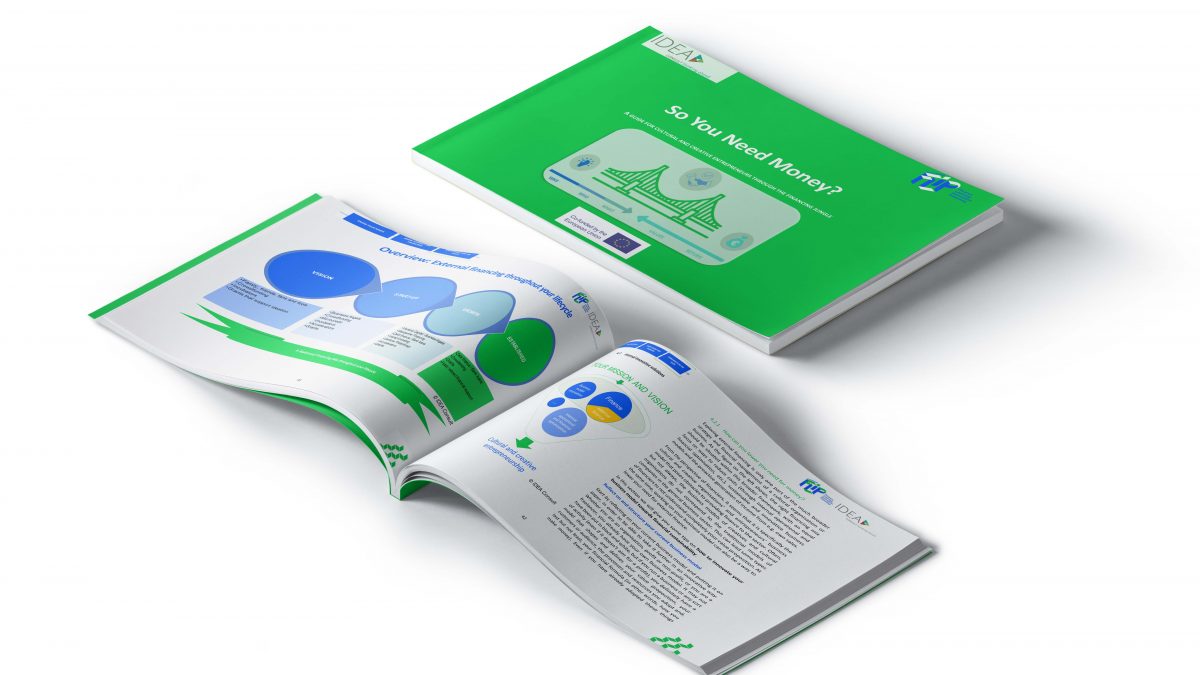
Recordings now available online – Creative FLIP Final Conference
08/07/2021As Creative FLIP is close to its completion, we are proud to present the final outputs of our work in the areas of Finance, Learning, Innovation and Patenting for the Cultural and Creative Sectors. Check out all the final publications here!
Educating through Making
The Creative FLIP Guidelines for Creative Partnerships focus on cross-sectoral cooperation between Creative Hubs and Educational Institutions. With the aim to enhance such cooperation, the Guidelines are a direct result of Creative FLIP Learning Labs Program which piloted 15 cooperation projects in early 2021. These pilots tested the inclusion of transversal & creative skills in curricula based on the process of making, creating or practice-led research.
Discover project insights, mile stones and our final outputs after 30 months of intense work with a consortium of six partners and hundreds of involved CCS stakeholders across Europe.
Relaunch Policy Initiatives for the Cultural and Creative Sectors
FLIP Research ” Innovative Policy Instruments – Complementing Covid-19 Relaunch Practices”
The disruptive power of the 2020-21 pandemic requires bold innovation support initiatives to fully relaunch the cultural and creative sectors. In this Creative FLIP report, we look into good practice innovation support programmes to support relaunch. What are key features of good innovation support programmes? Which policy practices can we already observe across Europe? What can we learn from them for future policy making?
A practical guide on knowledge exchange between peers of the cultural and creative sectors
The Creative FLIP P2P toolkit is a practical guide on innovative ways of knowledge exchange between peers of the Creative and Cultural Sectors that derived from the Creative FLIP P2P exchange programme.
Part of the Innovation strand of the project, the Creative FLIP P2P exchange programme tested ideas and methods for knowledge exchange and skills development through facilitating two rounds addressed to creative hub teams.
This report covers two topics: The chapter “ESCO’s compatibility for sector-specific data collection” and the chapter “Strengthening the position of the CCS in European forecasting tools”.
This report verifies the practical usage of soft, technical entrepreneurial and managerial skills in a selection of professions in three CCSI across nine countries, with the purpose of understanding the current and future skills needs and gaps in occupations selected.
The findings of the analysis are used to develop recommendations for policymakers to overcome the skills mismatch and untap the full potential of the CCSI.
The purpose of Work Package 4 (WP4) is to outline the patenting landscape in the Cultural and Creative Industries in order to support CCIs actors to capture value from their Intellectual Property, thereby strengthening their business capacities.
Please note that the development of this guide was started before the Covid-19 outbreak, therefore there are no specific references to the impact of the pandemic.
However, considering the natural link between the aim of this guide –supporting cultural and creative entrepreneurs to find their way through the financing jungle – and the challenges raised by the pandemic, we strongly believe that the content of this guide will be even more relevant in light of the difficult economic and financial situation that people working in the cultural and creative sectors are currently facing.
